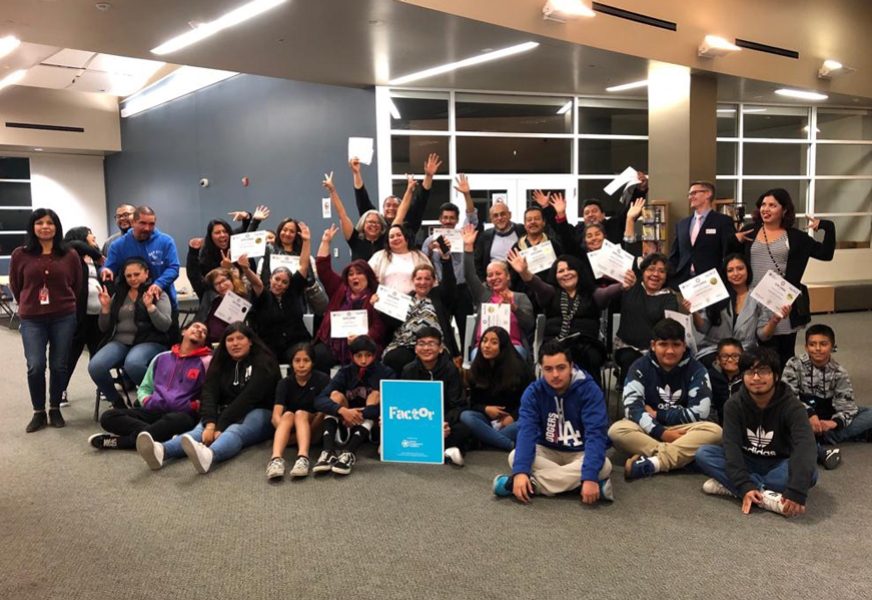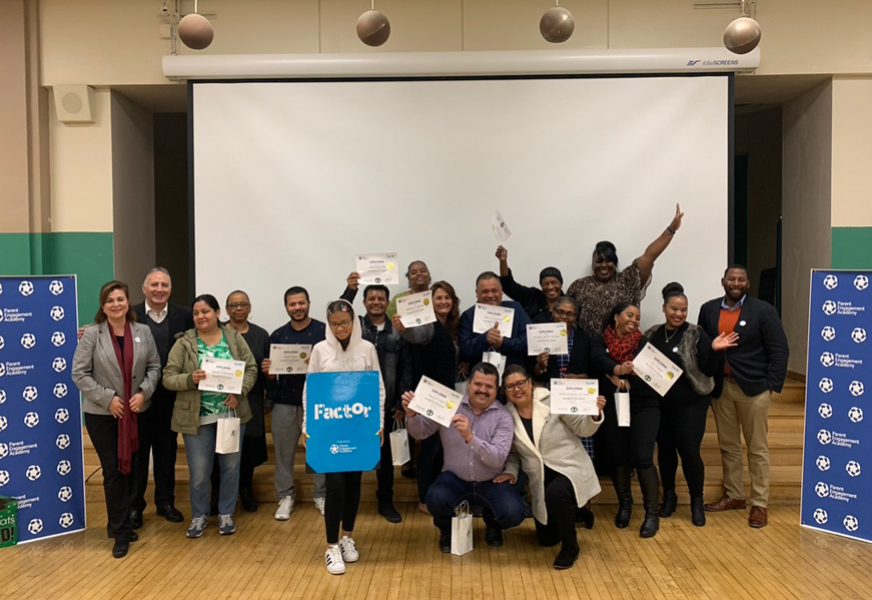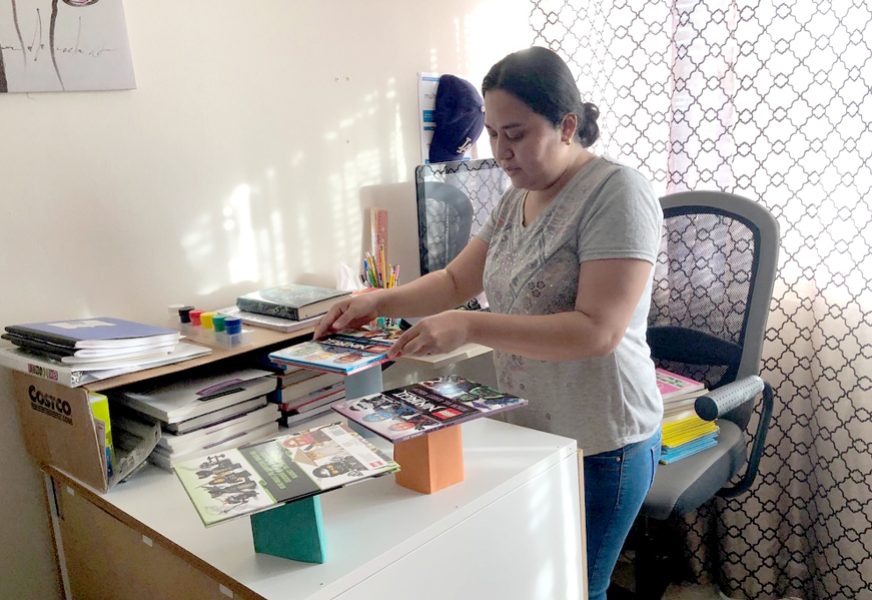Why PEA?








Our beginnings
This is what we offer
Ready to Learn: Engage parents in the student social, emotional and physical development
Student Readiness
Teachers who responded to an online Public Opinion Strategies survey of 700 elementary and secondary teachers across the country said they were spending about 20 percent of their time helping students resolve non-academic problems that stem from their lives outside school.
Disease & Childhood Obesity
15.5 million adults (55 percent of all California adults) have pre-diabetes or diabetes as reported by UCLA Health and Policy Research in March 2016.
50% of the children in National City and 38% in Chula Vista are considered overweight or obese.
Mapping the Way Forward: Empower parents to explore the educational system in order to help engage students in higher education
Achievement Gap
California has the largest number of adults without a high school diploma or equivalent in the country, per the Campaign for College Opportunity Report “Working Hard Left Behind”.
21st Century Skills: Provide parent education and involvement in student soft skills (team spirit, self-confidence, empathy, assertiveness, inquisitiveness and creativity)
Shortage of Skilled Labor
By 2025, California is likely to face a shortage of workers with some postsecondary education but less than a bachelor’s degree. California is not preparing its population to meet the state’s projected workforce demands for highly educated workers.
Poverty
There are 4 million working families in the state, and 1 in 3 are considered low-income: a family with an annual income below double (or 200%) of the poverty threshold as defined by the American Community Survey from the U.S. Census Bureau.
Weekly parent workshop for 5 weeks
Evidence based curriculum
90 minutes of instruction per week
Facilitated by professionals
Taught in English and Spanish
Virtual workshops via Zoom
Andragogy method/principles
Morning and evening sessions
Parents will be more involved in their children’s education by becoming empowered with information, knowledge, skills, behaviors, and establishing a personal commitment to impact the conditions surrounding the educational and personal development of their children.
Parents will learn how to navigate the school system and form effective partnerships with the school.
Parents will become knowledgeable of the college admission requirements and processes.
Parents will know the literacy skills, courses, and tests their children must take to prepare them for a postsecondary education.
Parents will be empowered with information, knowledge, skills, behaviors and a personal commitment to improve the conditions surrounding the educational and personal development of their children.
Parents will be more involved at home and in the schools with their children’s education.
Increase parent motivation in the social, emotional and physical development of students.
Increase parent knowledge of the K-12 and University System.
Increase parent knowledge and understanding of 21st century competencies.
Improve parent engagement in public schools by positively influencing student education and career outcome.
Provide parents with practical information to support their children at home and in school.



